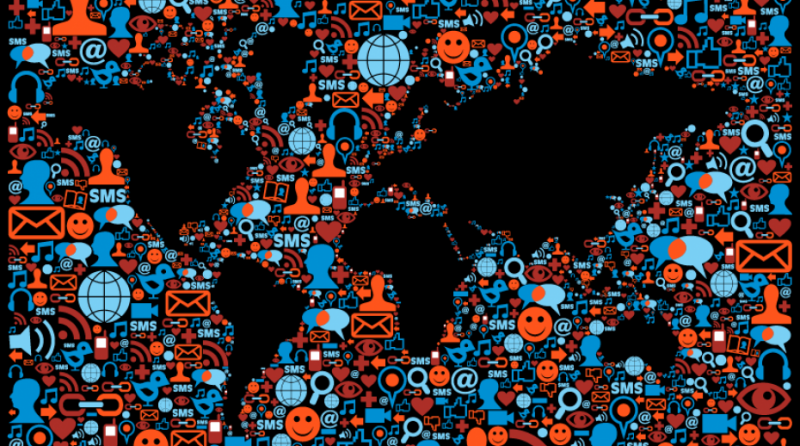
Controversies surrounding religious and social competition have been prevalent throughout human history. These disputes often arise from differences in beliefs, values, and ideologies, and they can lead to tension and conflict among individuals and communities. In this article, we will delve into the nature of religious and social competition, explore its historical context, analyze its impact on society, and discuss ways to address and navigate these contentious issues in a diverse world.
Understanding the Nature of Religious and Social Competition
Religious and social competition stems from the innate human desire for belonging and identity. As societies form and evolve, various groups with distinct beliefs and practices emerge. When these groups come into contact, their differences can spark competition as they vie for influence, resources, and recognition. This competition can manifest in both constructive and destructive ways, depending on how it is managed.
Historical Perspective on Controversies
Throughout history, religious and social controversies have shaped the course of civilizations. From the Crusades and religious wars to civil rights movements and political upheavals, these issues have been at the center of significant societal transformations. Learning from the past can provide valuable insights into how to approach current controversies with wisdom and empathy.
Impact of Controversies on Society
Controversies in religious and social domains can have far-reaching consequences for societies. They can lead to division, discrimination, and even violence. In contrast, constructive competition can foster innovation, social progress, and positive change. Striking a balance between healthy competition and destructive conflict is crucial for maintaining social harmony.
Social Media and Controversies
In the digital age, social media plays a pivotal role in magnifying controversies. Information spreads rapidly, and misinformation can lead to further polarization. Understanding the influence of social media in shaping public opinion is essential in managing and mitigating controversies.
Factors Contributing to Religious and Social Competition
Several factors contribute to the emergence and escalation of religious and social competition. These include historical grievances, economic disparities, cultural clashes, and political opportunism. Recognizing these factors is vital in addressing the root causes of controversies.
Navigating Controversies in a Diverse World
In a diverse and interconnected world, learning to navigate controversies is imperative. Emphasizing empathy, open dialogue, and respect for differing perspectives can pave the way for constructive engagement. Embracing diversity as a strength rather than a threat can foster a sense of unity amid differences.
Embracing Tolerance and Understanding
Promoting tolerance and understanding is essential in bridging gaps between conflicting groups. Education and awareness initiatives that highlight the similarities among diverse communities can help dispel stereotypes and misconceptions.
The Role of Education and Awareness
Education is a powerful tool in promoting peaceful coexistence. By incorporating teachings of empathy, respect, and tolerance into educational curricula, we can cultivate a generation of individuals who are more receptive to diverse perspectives.
Handling Controversies in Politics and Governance
Political leaders and policymakers play a significant role in managing controversies. Transparent and accountable governance, coupled with inclusive policies, can ease tensions and build trust among communities.
Media's Responsibility in Shaping Perceptions
The media has a crucial responsibility in shaping public perceptions. Ethical reporting that avoids sensationalism and bias can contribute to a more nuanced understanding of controversies.
Debunking Myths and Misinformation
Misinformation often fuels controversies. Efforts to debunk myths and provide accurate information are vital in dispelling unfounded fears and prejudices.
The Importance of Dialogue and Communication
Engaging in constructive dialogue is fundamental in resolving conflicts. Active listening and open communication can foster empathy and help find common ground.
Strengthening Community Bonds
Building strong community bonds can create a sense of belonging and unity. Engaging in community activities and promoting interfaith and intercultural events can help strengthen these bonds. Controversies arising from religious and social competition are complex challenges that require thoughtful and compassionate responses. By promoting tolerance, understanding, and open dialogue, societies can navigate through these controversies and emerge stronger, embracing the richness of their diversity.
Navigating the Controversial Waters: Bills at the Intersection of Religion and Politics
Challenging Tradition: Progressive Movements for Women's Rights
From Temples to Trade: Religion's Influence on Ancient Economies